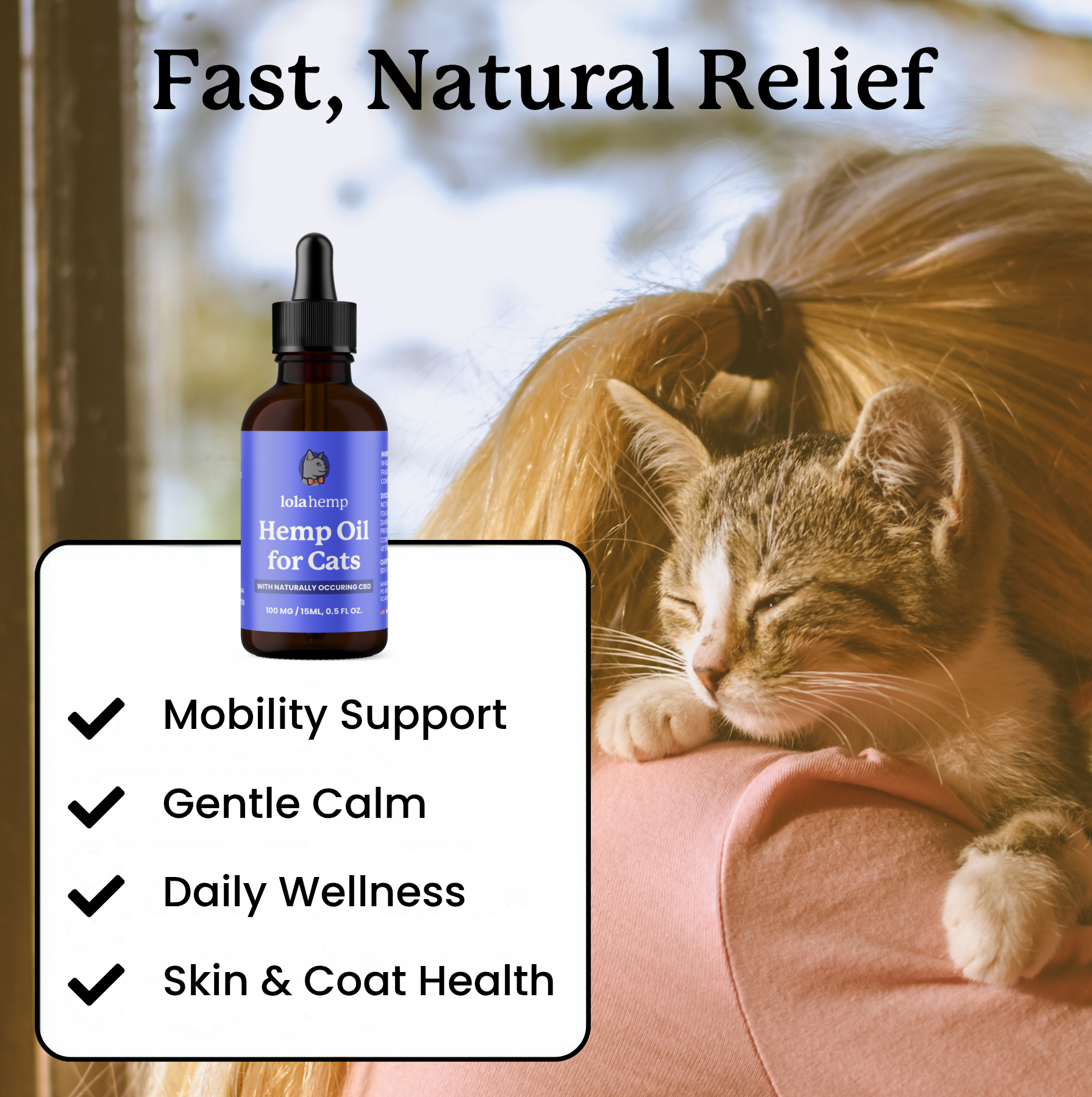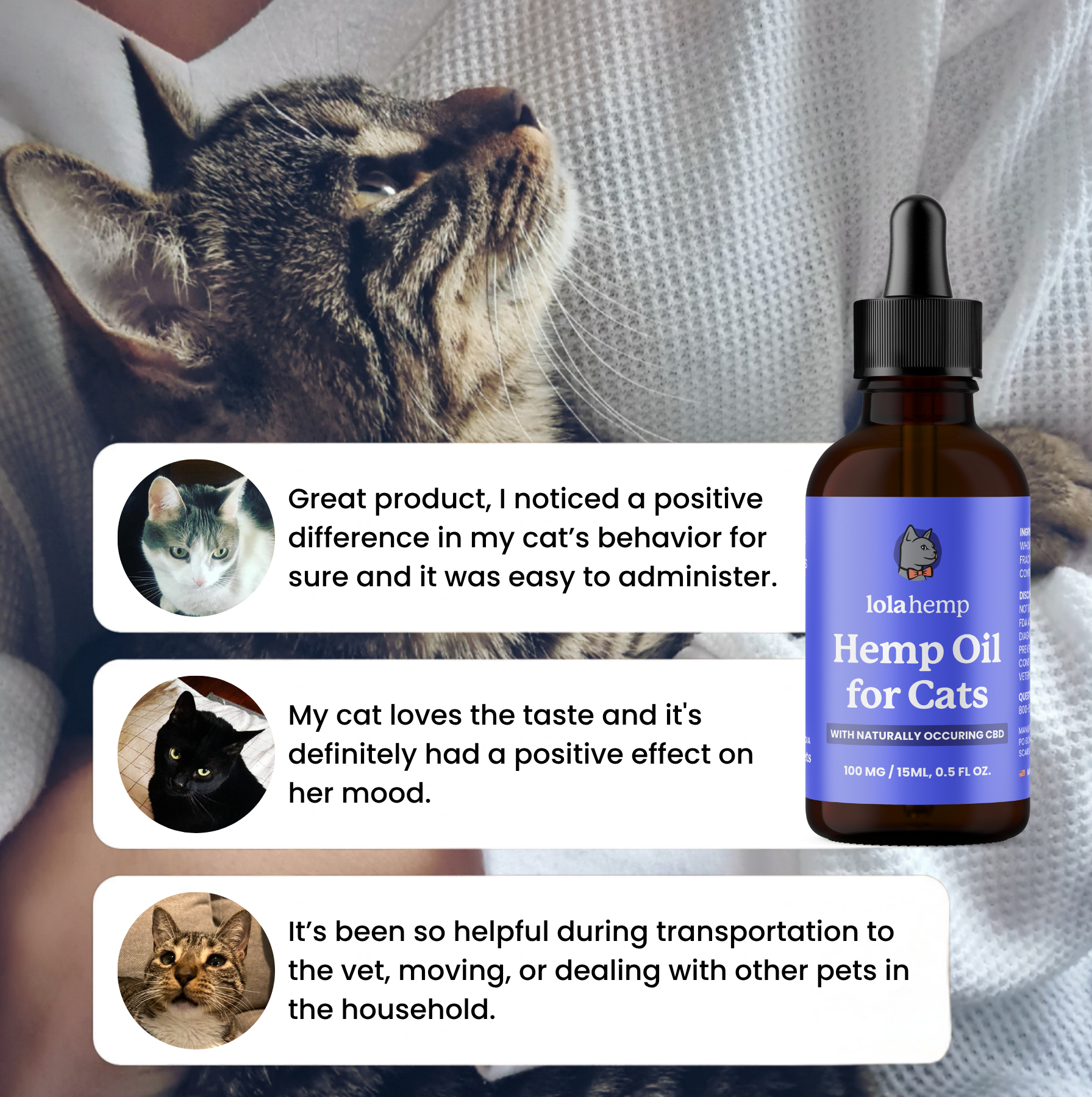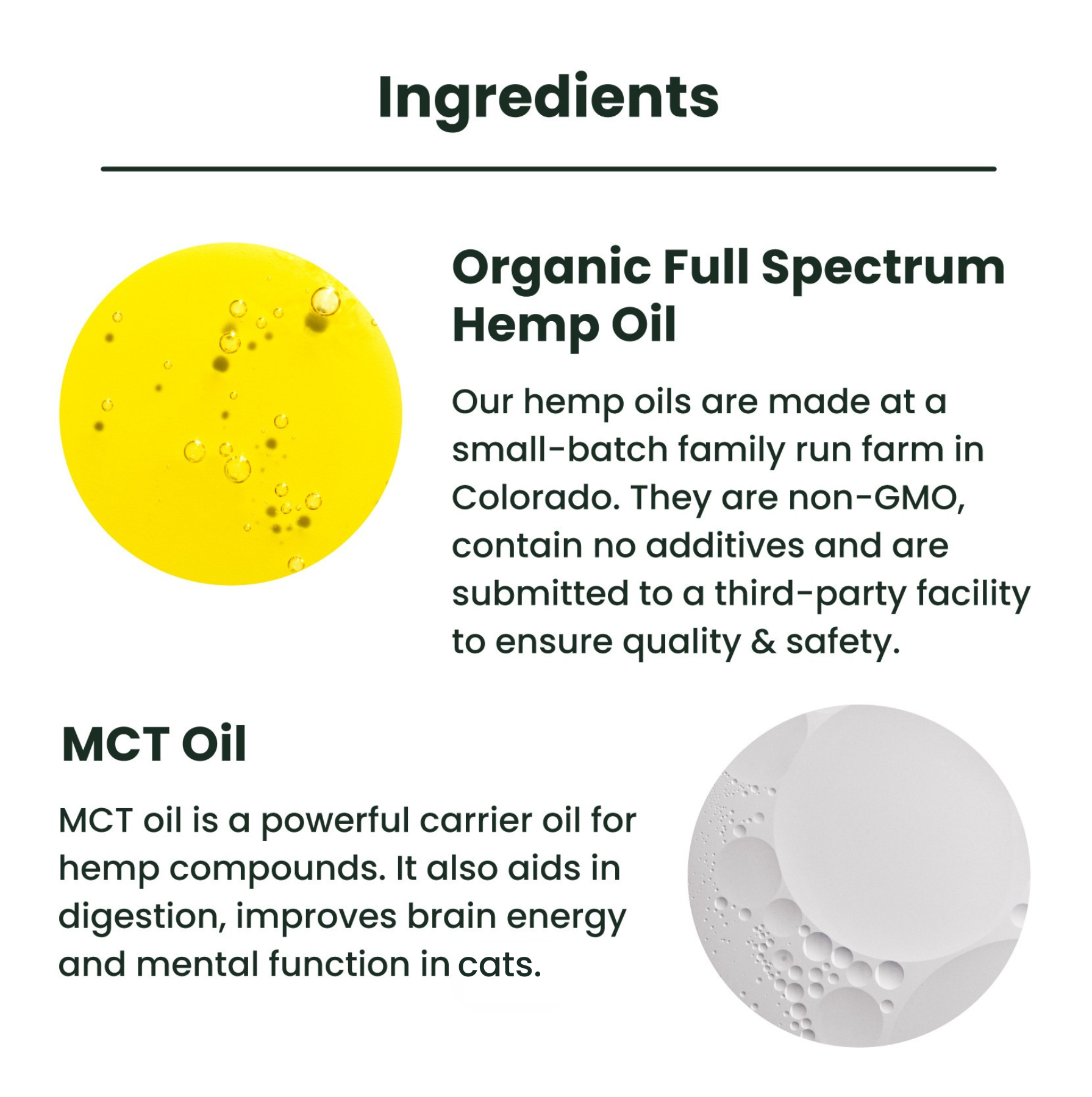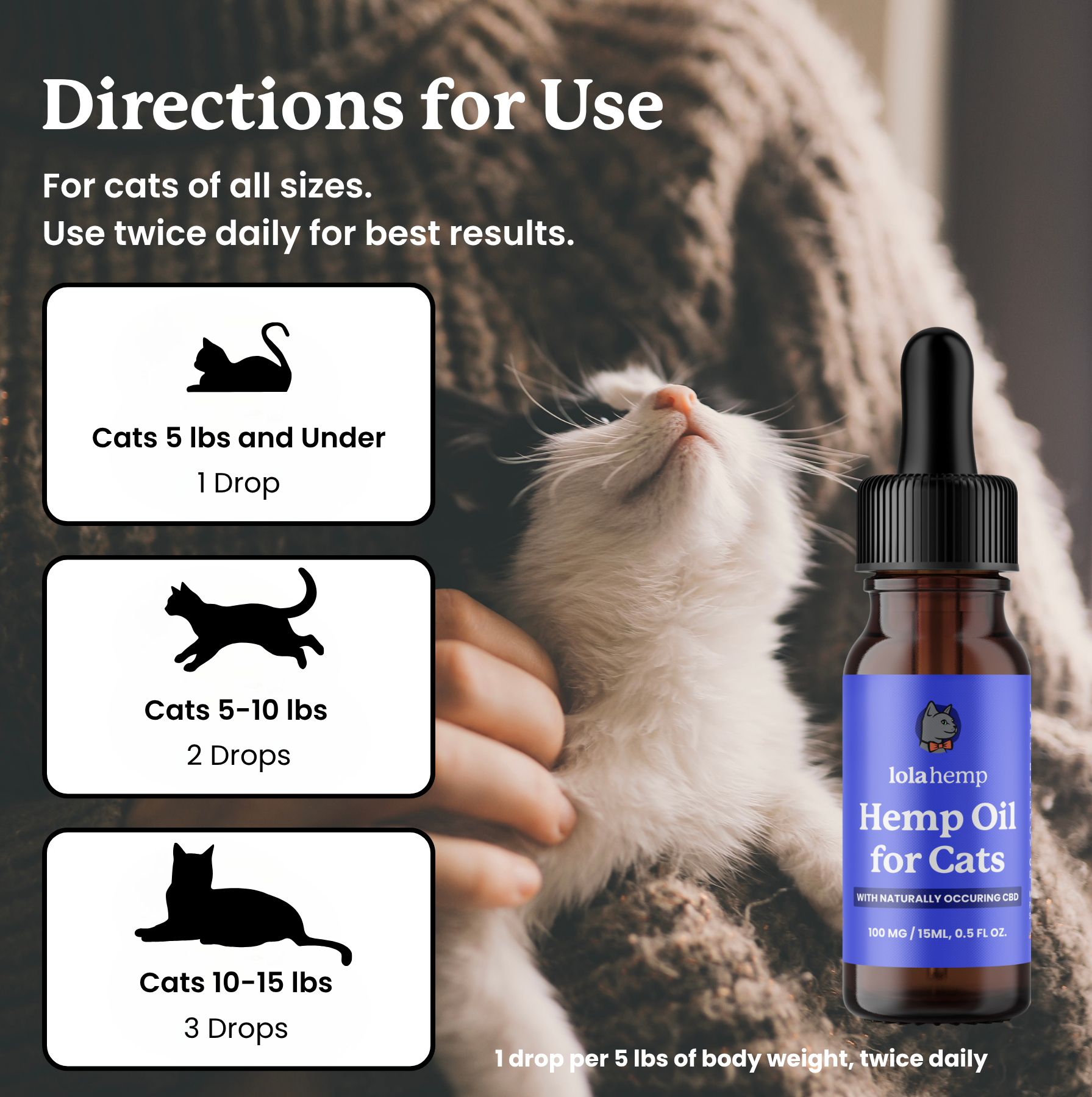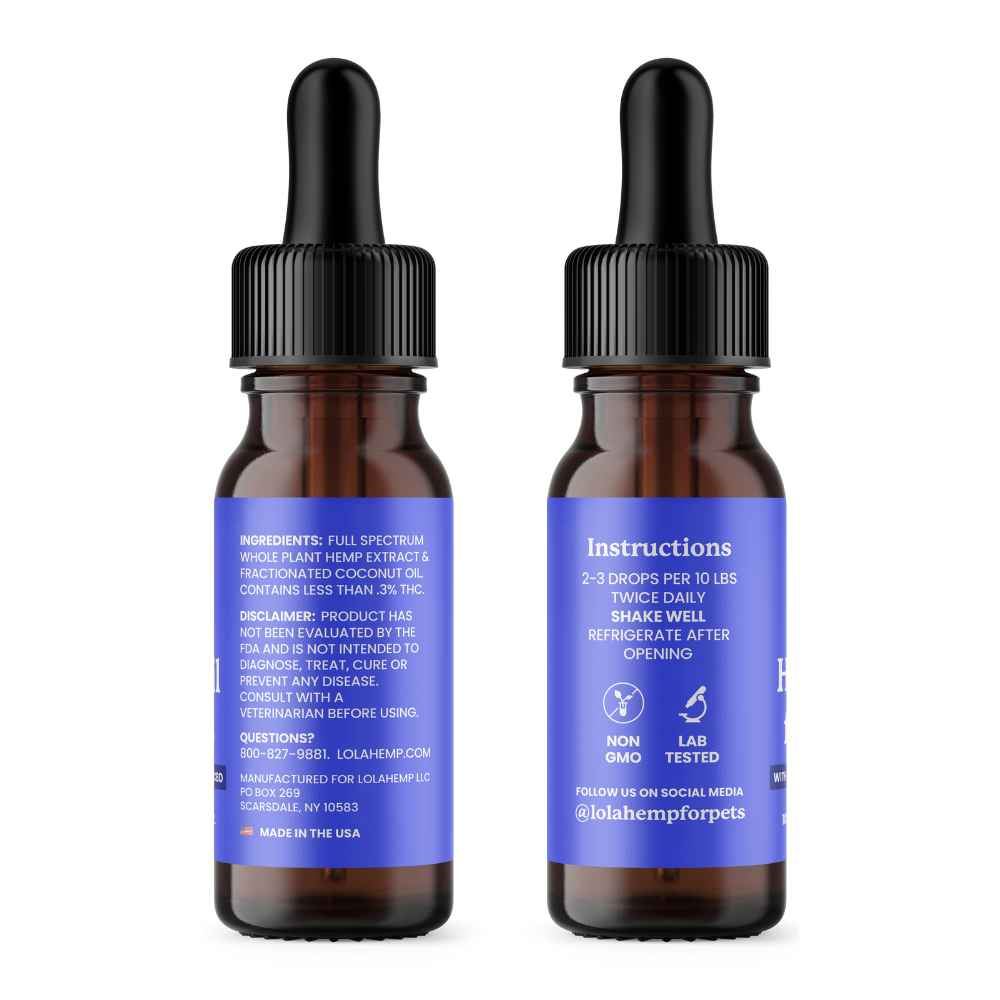As cat owners, we know how much our feline friends need us, and they tend to feel separation anxiety when we're gone. It's clear that they love us and want to spend time together. Research even shows that cats feel more at ease when their caregiver is nearby.
Still, we often have to leave our kitties alone for a period of time. Whether you're going to work for the day or running errands for an hour, being home alone can be tough for your cat. It's not uncommon for cats to experience separation anxiety when their owners leave the house.
Fortunately, there are steps you can take to help your cat’s separation anxiety. In this article, we'll explore separation anxiety in cats, common signs, and how you can support your cat for a stress-free future.
Can Cats Have Separation Anxiety?
Cats can indeed develop separation anxiety. Separation anxiety is a medical condition. Affected cats typically exhibit anxiety-related behaviors when left alone, such as scratching furniture, excessive vocalizing, or having accidents outside the litter box.
Unfortunately, these behaviors can sometimes cause overwhelmed owners to surrender their cats. Below, we outline common signs to help you identify the condition early.
What Causes Separation Anxiety in Cats?
Why do cats develop separation anxiety?
Research is limited, but several possible causes are recognized.
Cats rely on their owners for safety and security. Cats with separation anxiety often feel unsafe when alone, and their behaviors reflect attempts to cope with fear.
Former stray cats may be particularly prone, possibly remembering periods of insecurity or hunger. Cats who are the only pet in the home may also struggle with being alone, depending on their personality.
Signs That Your Cat Has Separation Anxiety
If you're wondering whether your cat has separation anxiety, watch for the following signs:
Common signs include:
- Excessive vocalization (meowing, yowling, crying)
- Destructive behavior (scratching doors or furniture)
- Excessive grooming (bald spots, tail chewing)
- Urinating or defecating outside the litter box
- Clinginess or excessive need for attention when you return
These behaviors may indicate separation anxiety—or they may stem from medical issues. Discuss symptoms with your veterinarian, who can rule out illnesses such as bladder infections or liver issues.

How to Help Your Cat with Separation Anxiety
If your cat shows signs of separation anxiety, there are several effective ways to support them.
Your first step should be contacting your veterinarian to rule out health conditions and create a stress-reduction plan.
- Cat-Friendly Home: Provide stimulating toys and cozy hiding spots. A purring cat toy may help reduce stress.
- Gradual Departures: Start with short periods away and slowly extend the time. Consider playing music or cat TV.
- Behavior Modification: A veterinarian or animal behaviorist can help create behavior modification strategies.
- Cat-Sitters: If possible, have a sitter or friend check in. Even short visits can help build confidence.

Treating Cat Separation Anxiety
For severe cases, veterinarians may prescribe anti-anxiety medications or vet-approved supplements to help manage symptoms.
Medication is not always long-term. Many cats only need temporary pharmaceutical support while behavior changes take effect. Medication should always be monitored and approved by your veterinarian.
Conclusion
Separation anxiety in cats is common but manageable. By identifying symptoms early and taking proactive steps, you can significantly reduce your cat's stress and improve their well-being.
If you suspect your cat has separation anxiety, consult your veterinarian for a personalized treatment plan. With patience and consistency, you can help your feline companion feel safe, confident, and secure—even when you're not home.
Cat Separation Anxiety – Frequently Asked Questions
Can cats really have separation anxiety?
Yes. Cats can become stressed or anxious when left alone and may display behaviors such as vocalizing, excessive grooming, or inappropriate elimination.
What are common signs of separation anxiety in cats?
Excessive meowing, destructive scratching, clinginess, over-grooming, and litter box accidents can all indicate anxiety.
How can I help my cat feel less anxious when I'm away?
Creating a stimulating environment, gradually increasing time apart, working with a behaviorist, or hiring a sitter may help reduce anxiety.
Can supplements or medications help with cat separation anxiety?
Yes. Veterinarians may recommend anti-anxiety medications or calming supplements, including certain pet-safe options like CBD.


